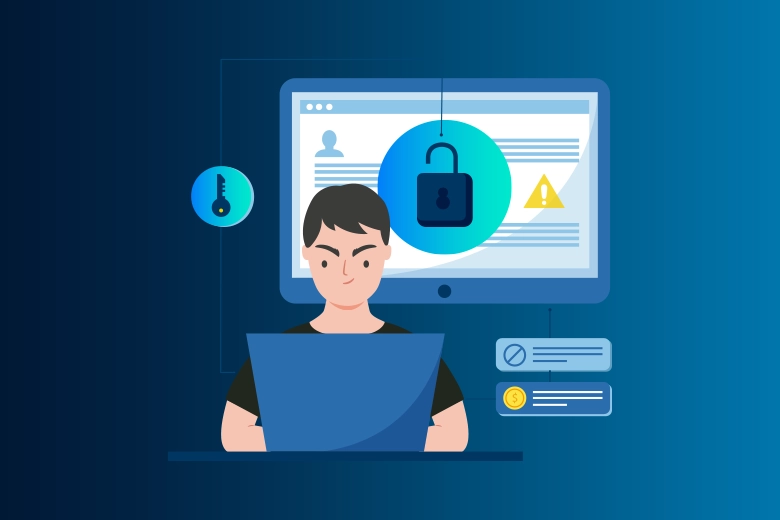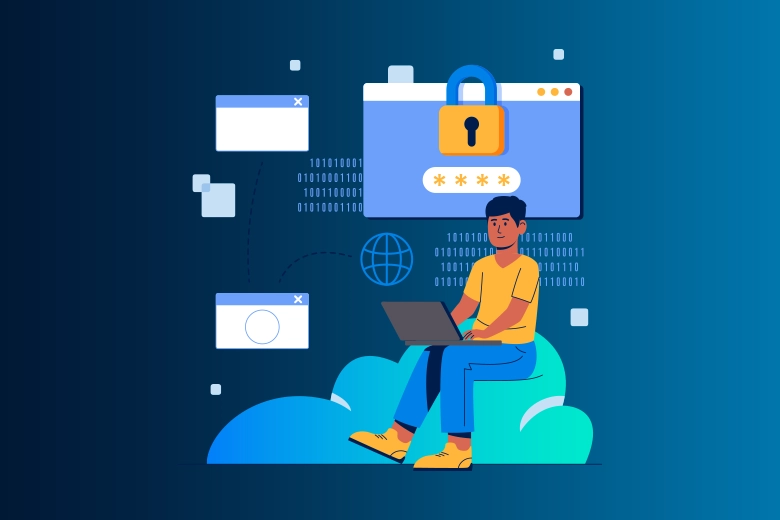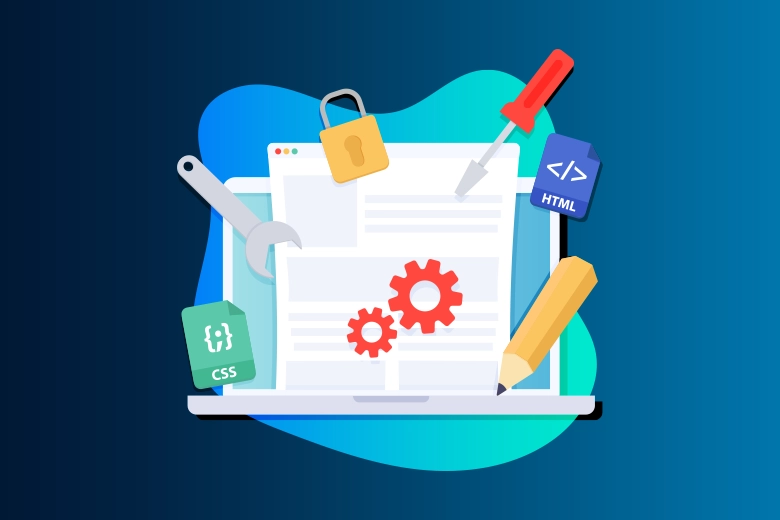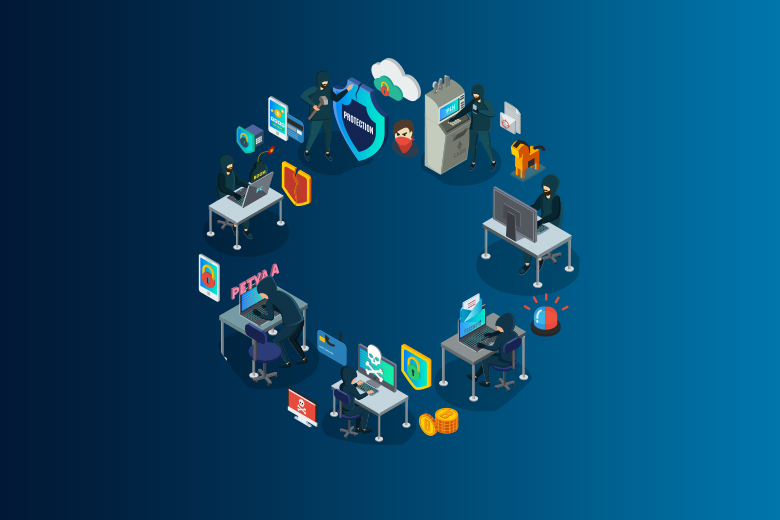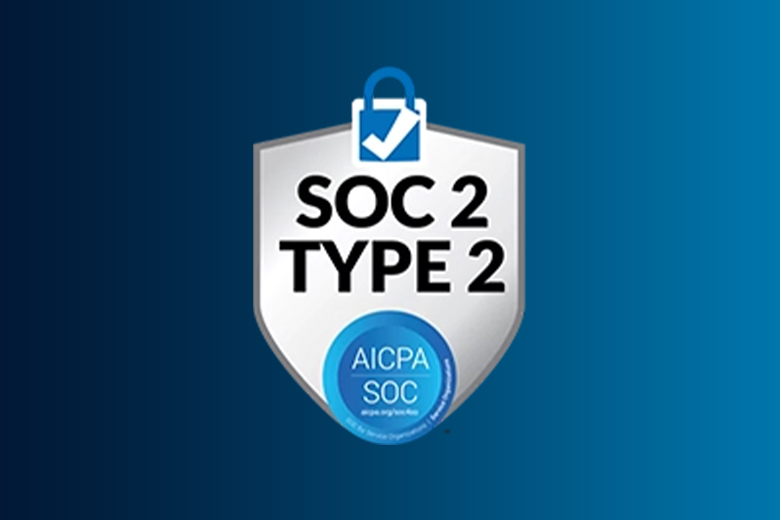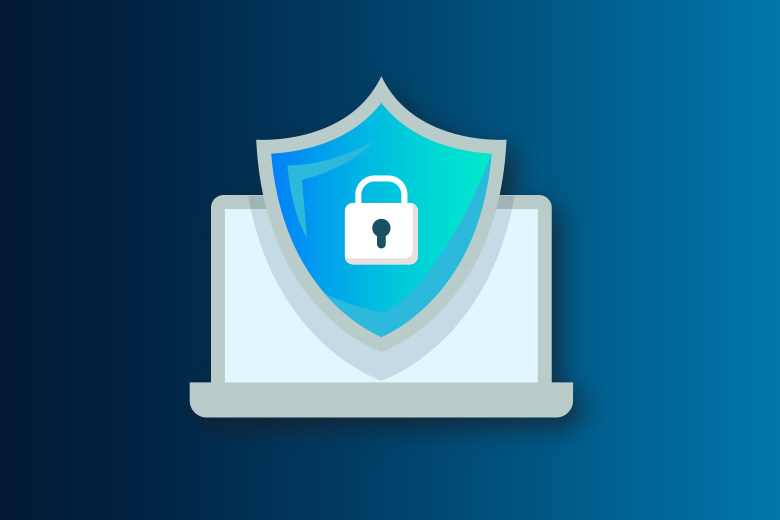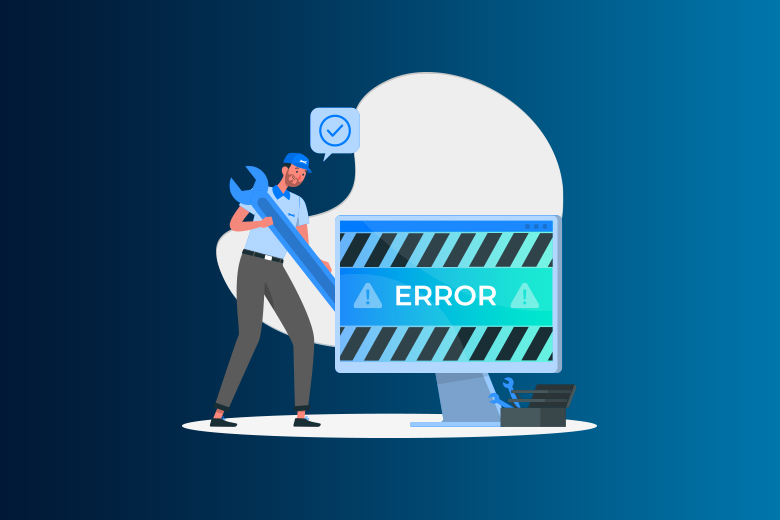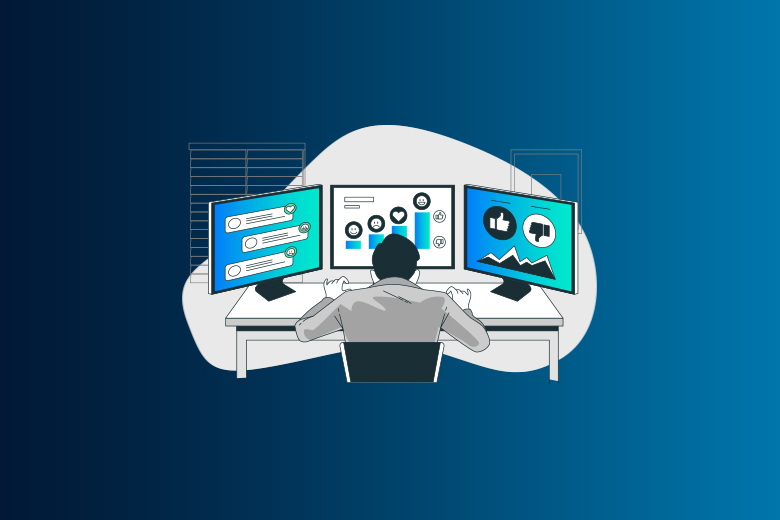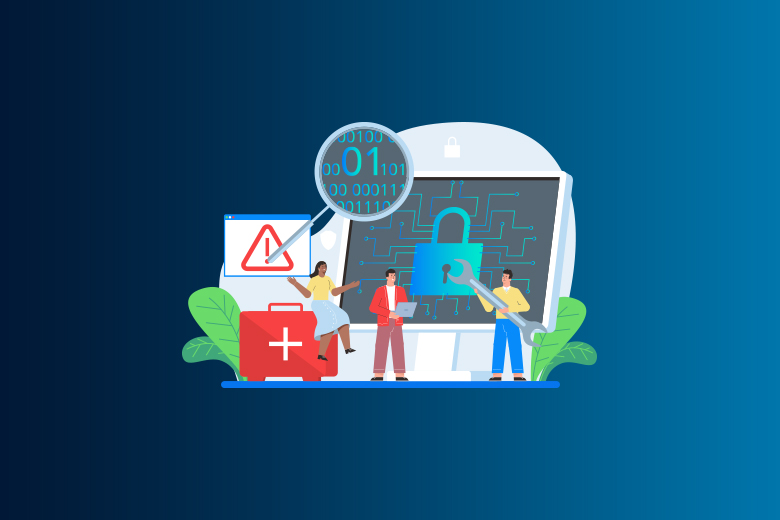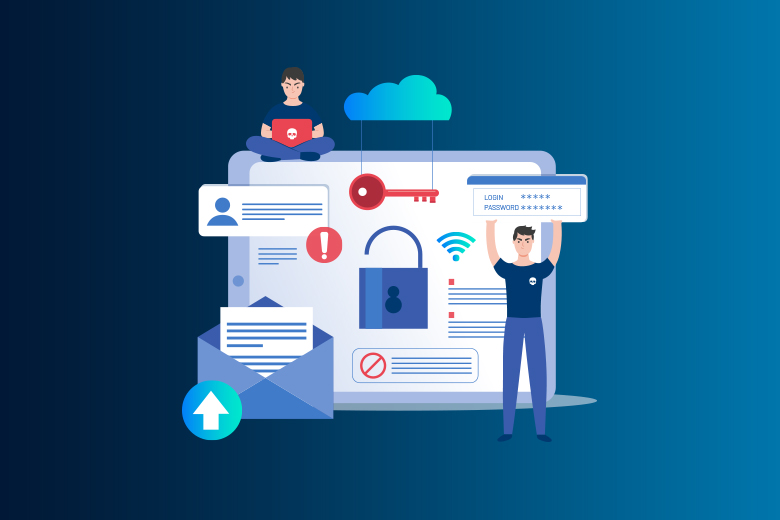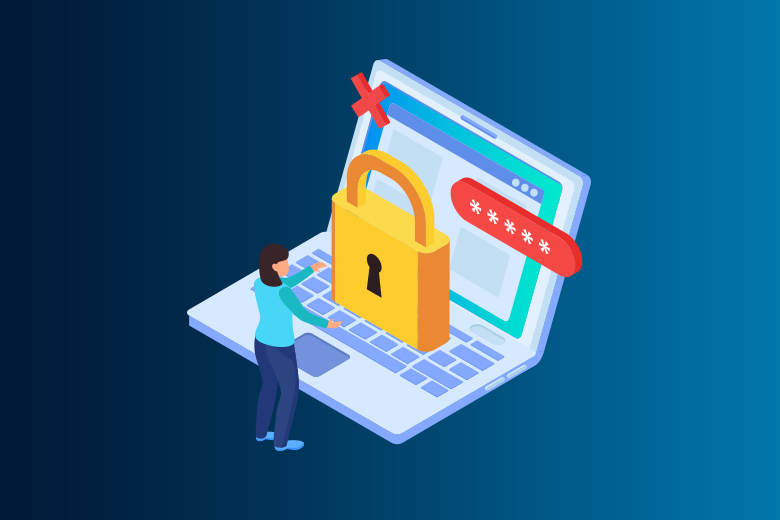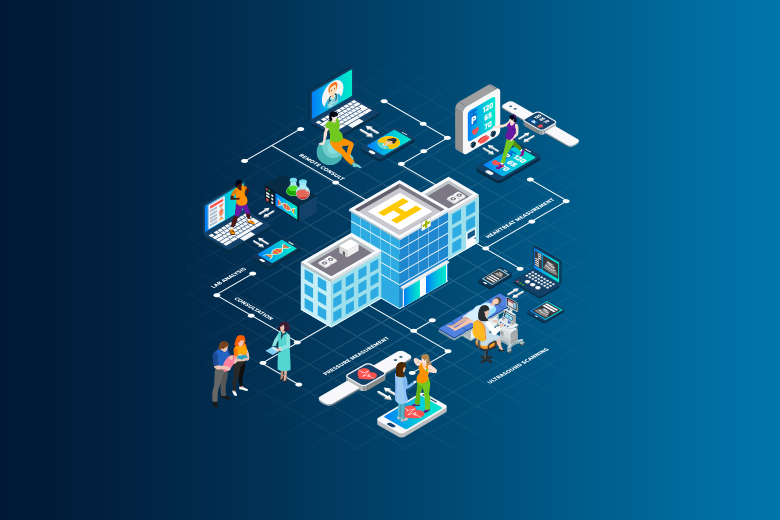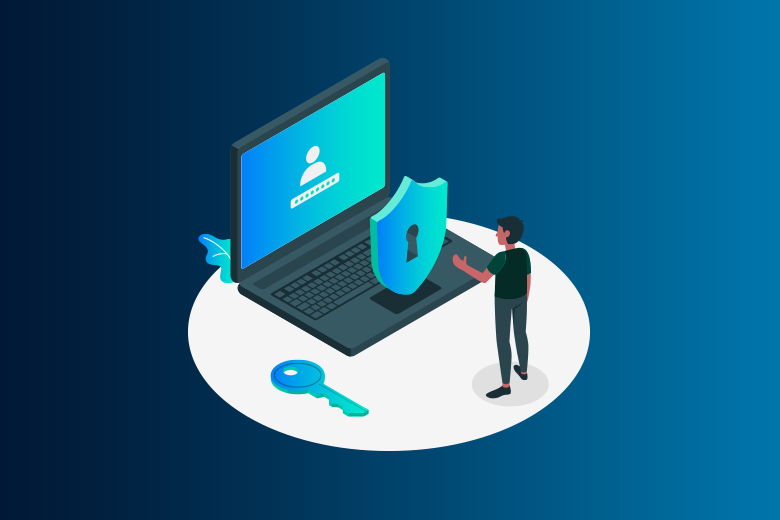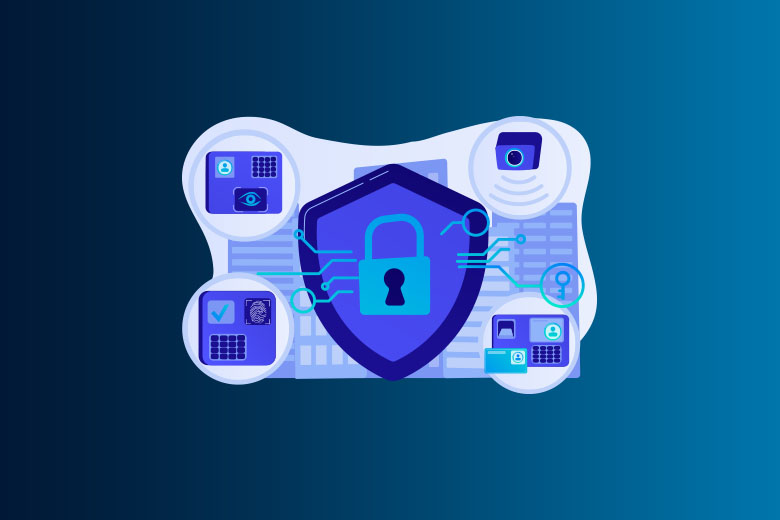15 November 2023
SafeAeon Inc.HIPAA Compliance threads its way through the very heart of patient care, weaving a pattern of trust and confidentiality. It originated with the Health Insurance Portability and Accountability Act of 1996. Since then, it has stood guard over patient privacy. HIPAA shields Protected Health Information (PHI) amidst rampant data breaches and cyber threats. This compliance transcends mere rule-following. It fosters a culture of discretion and integrity within healthcare. Some interesting facts about HIPAA:
- Lawsuits Aren’t Permitted
- Some Companies are Exempt from Following HIPAA Rules
- Patients Don’t Own Their Own Health Information
- Mobile Apps Shouldn’t Store Data
The essence of HIPAA Compliance is a vow. It promises to ethically manage sensitive health information. Healthcare entities must be vigilant in how they handle, share, and secure PHI. This is particularly true for electronic PHI, or ePHI. As technology transforms healthcare, HIPAA remains the steadfast benchmark. This reimagined tale reveals the ethos of HIPAA Compliance in the healthcare domain. It emphasizes its critical importance.
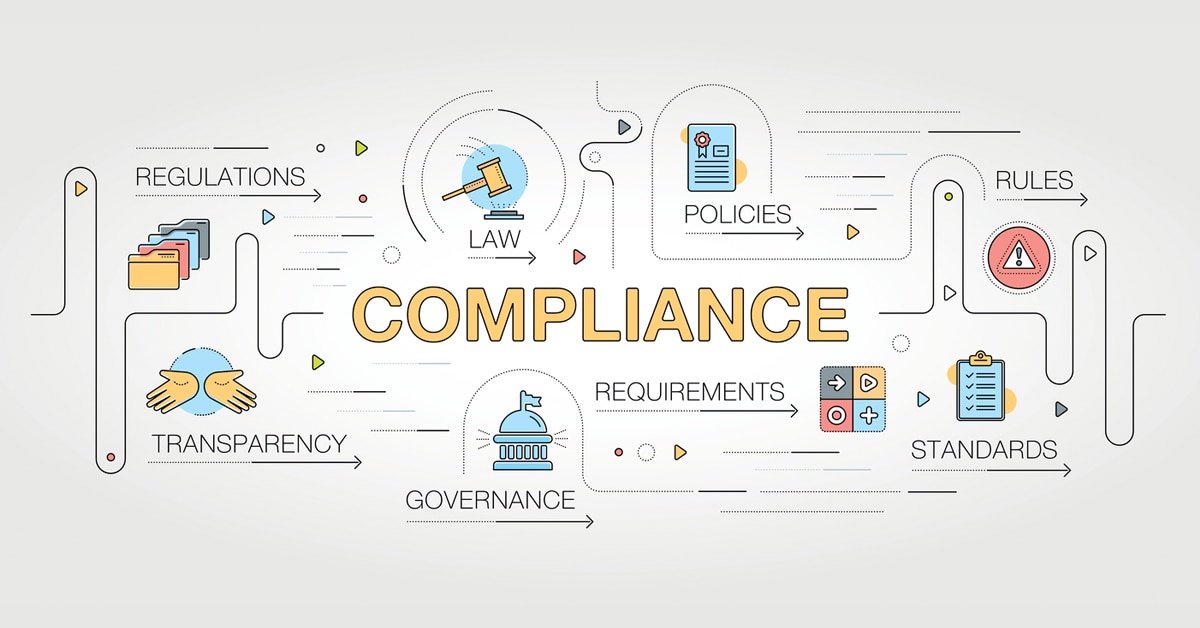
Tips for Successfully Enforcing HIPAA Compliance in Organization
HIPAA compliance requires an organized method to protect patient health information. The steps are listed below:
- Risk Assessment: Assess your organization's protected health information (PHI) threats and weaknesses.
- Policies and Procedures Development: Develop thorough HIPAA-compliant policies and procedures. This should include PHI management, employee training, access control, encryption, and incident response.
- Staff training: Make sure your staff understands PHI protection, security, and information management.
- Secure Facilities and Hardware: Protect PHI using secure facilities and hardware. Encrypt electronic PHI, manage access and update security software.
- Business Associate Agreements: Clarify PHI protection duties for third-party vendors managing PHI.
- Regular Audits and Risk Assessments: Conduct regular audits and risk assessments to ensure HIPAA compliance.
- Breach Response Planning: Security events and data breaches require a defined response plan.
- Documentation and Recordkeeping: Document HIPAA compliance actions, including training, policy, and audit results.
- Reviews and Updates: Keep your rules and procedures up to speed with new technology, regulations, and security concerns.
You must remember that HIPAA compliance is continual. To comply with changing regulations, tactics must be monitored, updated, and refined.
What is the Definition of HIPAA?
HIPAA stands for the Health Insurance Portability and Accountability Act. It's a federal law that keeps your personal health information safe and private. This law covers any info that could identify you and relates to your health now, before, or in the future. It also covers details about healthcare services you've received or payments for those services.
Certain groups have to follow HIPAA rules. These include healthcare providers, insurance plans, and organizations that process healthcare documents (clearinghouses). Businesses that help these groups, like billing companies or those who process claims, also must comply. All these organizations need to protect your information. They do this by using secure systems, teaching their staff how to handle data, and keeping physical records safe.
HIPAA gives you rights over your health information too. You can look at it, ask for corrections, and control who else can see it. These organizations must follow HIPAA to keep your health info secure. If they don’t, they’re not just breaking the law; they're risking your privacy.
HIPAA Compliance Analysis
Healthcare providers are rapidly integrating electronic systems into their operations. They use these systems to manage Protected Health Information (PHI). The transition to digital includes a variety of services. Among these are Electronic Health Records (EHR) and Computerised Physician Order Entry (CPOE). The same is true for radiology, pharmacy, and laboratory services, which are all adopting digital platforms.
Moreover, health plans are updating their methods. They are using electronic systems to streamline claims processing. They also offer care management. Moreover, they provide self-service applications to their users. These electronic solutions enhance efficiency. They also promote the exchange of information across different platforms. This is known as interoperability. However, with these advancements come increased security risks. These risks make the enforcement of HIPAA compliance a top priority.
The Department of Health and Human Services (HHS) has specific requirements. These are for those handling sensitive patient data. They involve a range of protective measures:
- Access to facilities must be carefully controlled. The goal is to allow entry only to those who are authorized.
- Usage policies for workstations and electronic media must be explicit. They should clearly outline the handling of PHI.
- Stringent guidelines govern the transfer, removal, disposal, and reuse of electronic media and ePHI. These guidelines aim to prevent unauthorized breaches.
In terms of technical safeguards, HIPAA sets forth detailed mandates:
- Each individual with access to ePHI must have a unique user identification.
- Emergency access to information must follow established procedures.
- Automatic log-off mechanisms are required. They prevent unauthorized access when devices are not in active use.
- Encryption and decryption protocols must be in place. They secure the data.
- All system activities need to be monitored. This is done through audit reports and tracking logs.
Maintaining the integrity of ePHI is also critical. Integrity controls ensure ePHI remains unaltered and undestroyed. IT disaster recovery plans are essential. They should be actioned quickly in case of electronic mishaps. Regular offsite backups are just as important. They guarantee that patient information is restored correctly and remains complete.
Another crucial technical safeguard is the security of data transmission networks. HIPAA-compliant organizations must secure all forms of ePHI transmission. This includes email, the internet, and private networks like a private cloud.
The human element is often the weakest link in data security. Human errors, intentional wrongdoing, and external cyber-attacks are common risks. This is where a people-focused approach to compliance becomes valuable. It considers the many ways data can be compromised. It covers all forms of data. These include structured and unstructured data, emails, documents, and scans. At the same time, it ensures secure data sharing. This is essential for top-notch patient care.
When patients entrust their information to healthcare organizations, they expect confidentiality and security. Therefore, these organizations are obliged to protect this information. They must implement and maintain robust safeguards. These measures protect the privacy and security of patient health information.
HIPAA Privacy and Security Rules
Companies that manage protected health information (PHI) must be well-versed in the HIPAA Privacy and Security Rules. They must follow these rules diligently. The purpose of these rules is to ensure the confidentiality and security of PHI. They guard against unauthorized access or disclosure.
HIPAA Privacy Rule
This rule is a national standard that protects personal health information. It helps maintain the confidentiality of patients. Healthcare providers, health plans, and healthcare clearinghouses need to follow this rule. This is especially true when they handle electronic PHI (ePHI).
A wide range of healthcare-related organizations fall under this rule. Hospitals, clinics, and individual doctors are considered healthcare providers. Health plans include insurance companies. Healthcare clearinghouses may deal with billing services. They could also include other entities that process health information.
Business Associates are entities that manage ePHI for covered organizations. This group includes IT service companies and cloud storage providers. It also comprises other third-party service providers who have ePHI access.
The Privacy Rule requires protections to keep patient information confidential. Access to PHI should be limited when it is not necessary. Covered entities must set clear guidelines on the correct use and distribution of PHI. This is vital for patient care and public health issues. For instance, it's crucial during the management of disease outbreaks.
HIPAA Security Rule
The Security Rule is about the protection of ePHI within the digital systems of an organization. Its goals are to keep ePHI private and secure. At the same time, it should be accessible to authorized persons.
The rule outlines three types of safeguards:
Administrative safeguards involve management policies to protect ePHI. Managers must carry out extensive risk assessments. They must also provide staff training and create incident response plans.
Physical safeguards involve controlling access to ePHI storage and processing areas. Secure facility access needs to be established. Workstation security must be enforced. Policies for disposing of electronic devices and media must be detailed.
Technical safeguards involve using technology to prevent ePHI breaches. Organizations should set up firewalls and use encryption. They should monitor system activity. These actions help secure ePHI during transmission, preventing data interception or alteration.
Conclusion
The HIPAA Privacy Rule exists to protect the privacy of patients in various healthcare settings. It requires PHI to be handled with care. The Security Rule strengthens the protection of ePHI from online threats. It uses a mix of security measures. Both rules are mandatory for relevant entities to follow. Not adhering to these rules can lead to heavy penalties.
Incorporating HIPAA compliance into a business that handles (PHI) is not just a matter of legal necessity. Its compliance not only avoids legal pitfalls but also reinforces the business's commitment to maintaining privacy. Employees must be well-versed in HIPAA regulations. Employers are required to provide training on HIPAA guidelines and ensure their staff understands how to handle PHI properly. This training should cover the privacy and security aspects of HIPAA and is not a one-time event but an ongoing process. If you wish to get in touch with professionals for hassle-free compliance, then SafeAeon is your safest bet.
